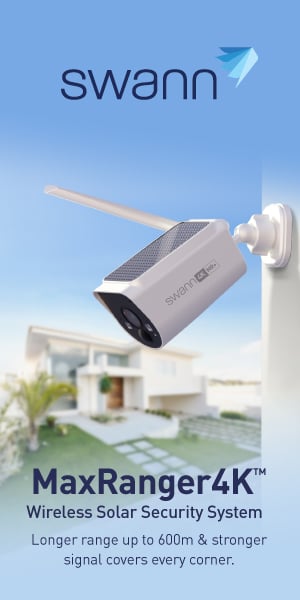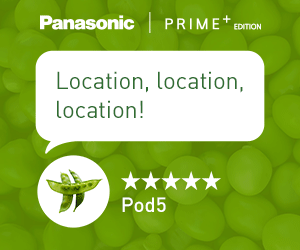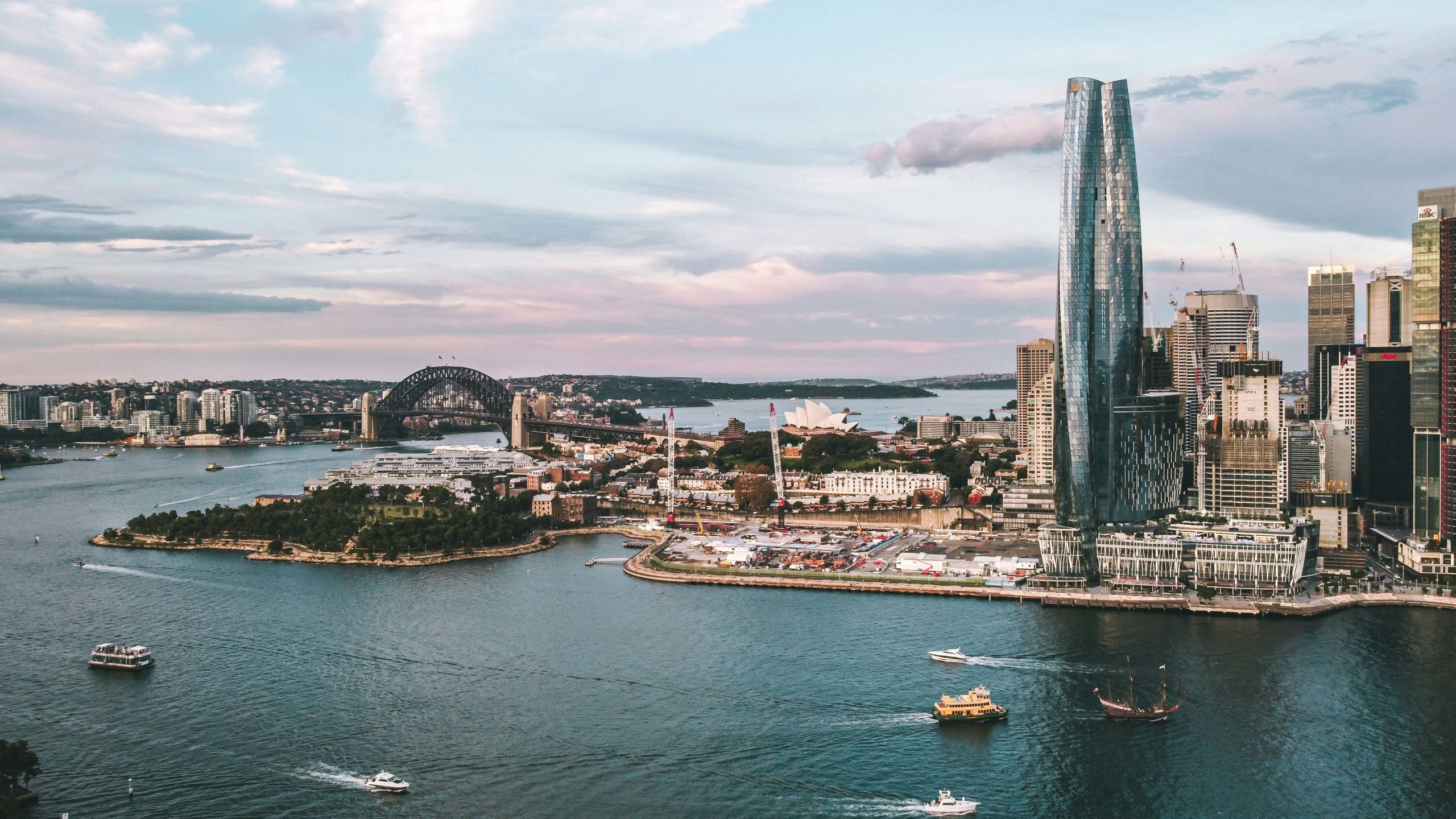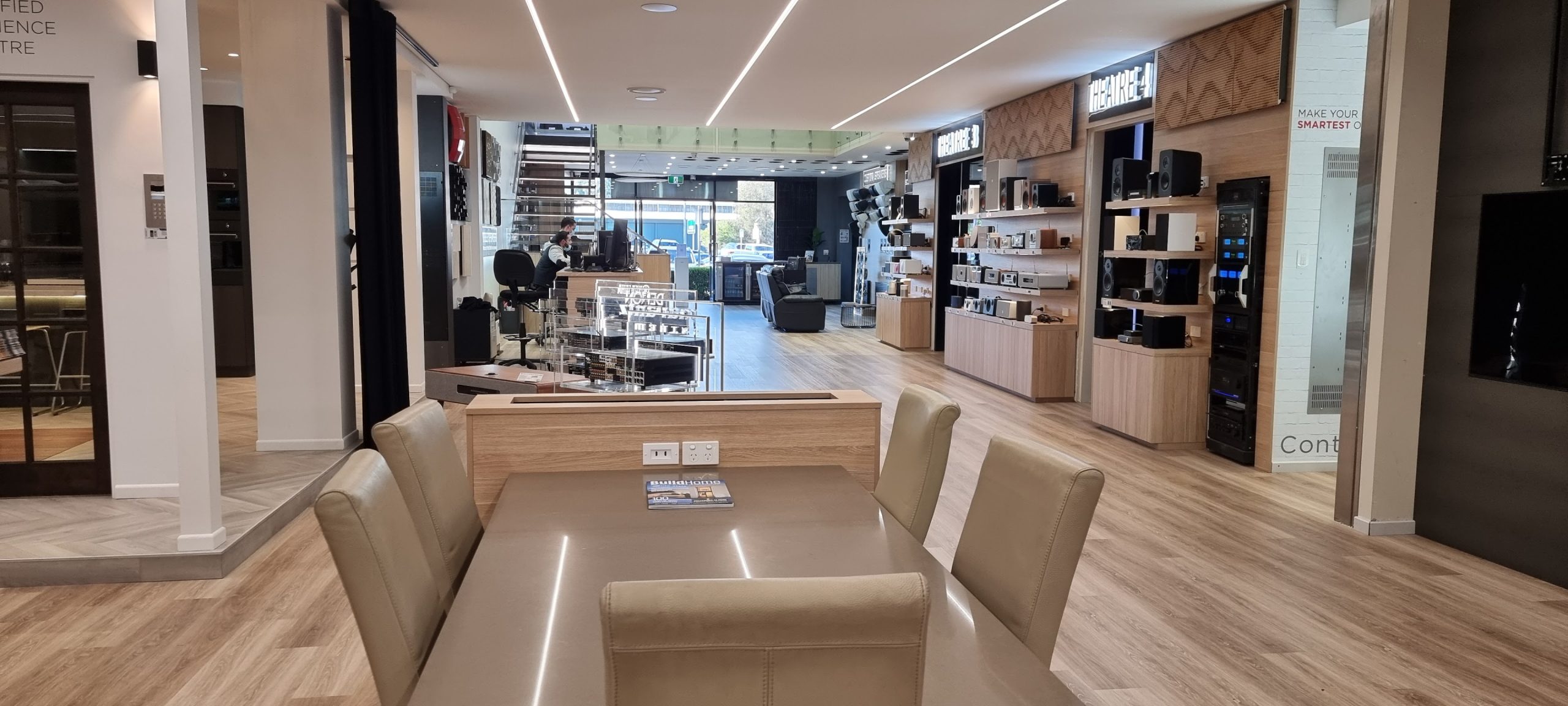Why Did Telstra Not Reveal Recent Aquisition Of Dense Air Spectrum, Some Claim It Was Because Of Optus
Australia’s largest telco Telstra will build five new major routes under its intercity connectivity project using new cabling investors who attended their investor day were told. What was not revealed was the carrier’s acquisition or purchase price of cell provider Dense Air, which gives them access to additional spectrum, which they were denied when the ACCC killed off the TPG rural deal.
Back in 2021, TPG Telecom struck a deal to acquire additional 5G spectrum holdings in the 3.6 GHz band from Dense Air, a move that allowed them to increase their 3.6 GHz spectrum holdings from 60 MHz to 90 MHz in Adelaide and 95 MHz in Brisbane, Perth, and Canberra.
At the time, Dense Air was one of five local telcos, including TPG Telecom subsidiary Mobile JV, that successfully bid for and secured the rights to radio spectrum in the 26 GHz band, considered an optimal ingredient for delivering 5G services in Australia.
Now it’s been revealed that Telstra, a key partner of JB Hi-Fi, has secretly acquired Dense Air.

A spokesperson explained in an email to UK Telecoms.com that Telstra purchased Dense Air outright to put the latter’s 2600-MHz spectrum to use in its mobile network, but they refused to nominate the purchase price or make an announcement to the ASX.
Dense Air’s U.S. parent, Sidewalk Infrastructure Partners (SIP), has declined to comment on the deal because of confidentiality clauses in the contract.
The way that the deal was revealed was when One New Zealand announced its plan to acquire Dense Air’s Kiwi business.
Back in December 2022, the competition watchdog struck down a plan for Telstra and TPG to share mobile networks in regional parts of Australia, finding the arrangement would lessen competition in mobile telecommunications.
The deal would have resulted in TPG decommissioning about 700 Vodafone mobile sites to use 3,700 Telstra mobile sites in a network-sharing agreement across 4G and 5G.
.
The Dense Air deal appears to make up for the setback.
Under the proposed agreement, struck in February 2022 and worth an estimated A$1.7 billion, TPG would have gained access to around 3,700 Telstra sites, while Telstra would have been able to augment its 4G and 5G networks with some of TPG’s spectrum and 169 of its sites.
The deal was blocked by the Australian Competition and Consumer Commission (ACCC) with Optus fighting hard to get the deal killed off.
Telecom.com claims that the lack of public pronouncements from Telstra about its Dense Air acquisition might have been motivated by a desire to avoid intense scrutiny from the likes of Optus, who is now fighting to preserve their brand image as thousands flock to Vodafone and Telstra after the Optus network went down for 18 hours last week.
Meanwhile, for Dense Air, selling out of New Zealand and now Australia represents an abrupt about-face for the company, which looks to have been enacted since SIP arrived on the scene.
Two years ago, Dense Air spent nearly A$30 million buying up picking up 26-GHz spectrum in Sydney and Melbourne at the millimetre-wave (mmWave) auction.
These frequencies were intended to power its neutral host service, enabling telcos to operate shared infrastructure to tackle not spots and enhance capacity in challenging environments.
Telecom.com claims that Dense Air appeared to be on course to take its offering to the next level in August 2021, when it agreed to acquire TPG’s 2600-MHz spectrum in exchange for those aforementioned 3.6-GHz frequencies.
What’s unusual is that Telstra typically likes to brag about businesses and spectrum they have acquired.
At their investor briefing, where there was no mention of the Dense Air carrier, they announced that they would build five new major routes under its intercity connectivity project using new cabling.
The new routes, which form part of a $1.6bn investment, are set to bring in $200m per year in revenue once operational.
The company has allocated $300m from the 2023 financial year to the project, with a further $300m expected to come from its FY24 revenue. The remaining $1bn will be allocated between 2025 to 2027.













































